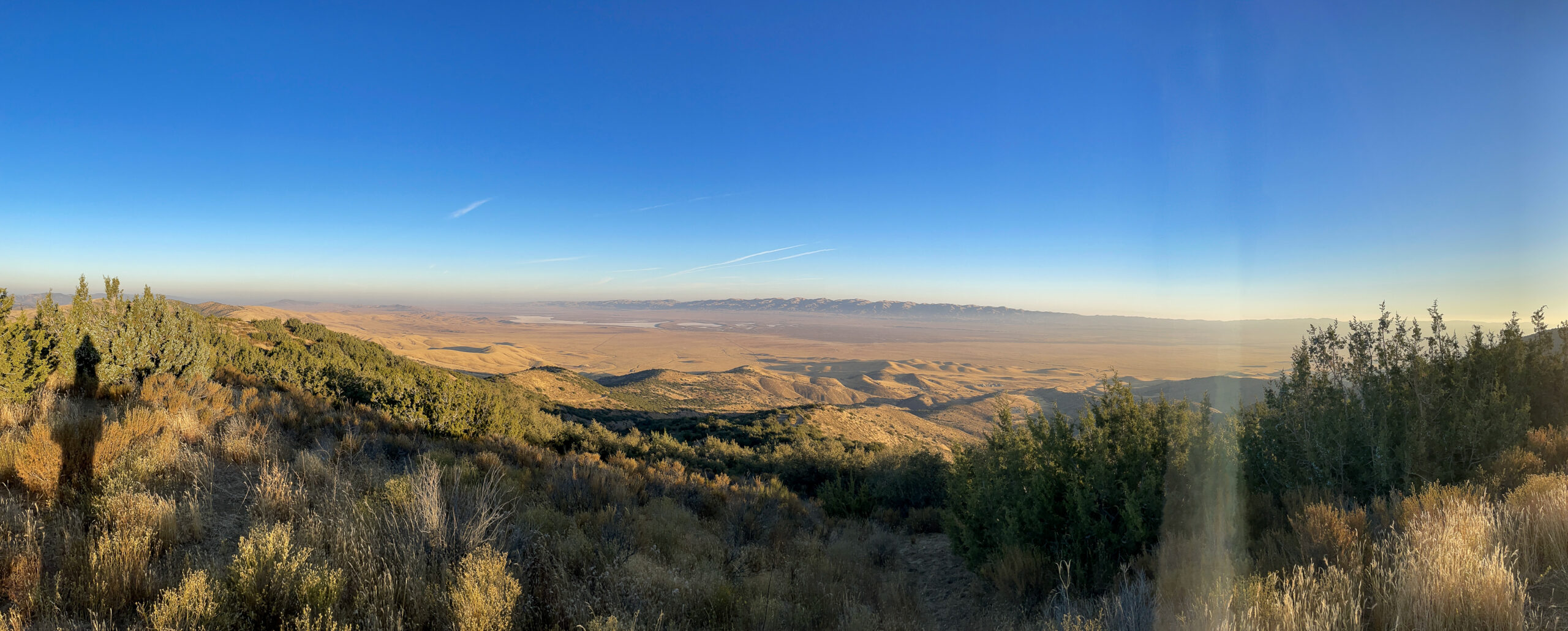A reader commented on yesterday’s post about the use of the word patronym, which prompted me to look into the matter more closely. In my day job, I would have used the word “eponym” where the committee on ornithological names used “patronym.” After all, not only is there a problem with the etymology (patronymic, “Of, relating to, or derived from the name of one’s father or a paternal ancestor,” according to the American Heritage team), but, being gender coded, it seems not to describe those wonderful birds who code as female, like those southwestern warblers that I hope one day to add to my life list, Lucy’s and Virginia’s!
Why did the committee choose patronym instead of the non-gender coded eponym (“a word or name derived from the name of a person”), though? My first thought was that the committee didn’t use thesauruses (thesauri is also correct as a plural), but upon consulting the OED and finding that there is a specific taxonomic–and gender-neutral–definition for patronym (“A Latin name based on the name of a person or persons.”), I just assumed that there was a big meeting somewhere and they decided that not only could they could define away the gender coding in the etymology, they could also lop off the terminal -ic that our American dictionaries retain.
So, it seems that only our American dictionary teams see the gender coding in the word. I wonder what that says about political correctness on our side of the pond?
There’s also the issue of the oddly shortened form of the word; both MW and AH list only patronymic, rather than the shorter, simpler, patronym. Here the committee followed the recent trend in scientific writing to use shorter forms of words whenever possible (the “-ic/-ical” rule we call it in editing: physiologic instead of physiological, etc.)
At the same time, though, the committee wisely bucked this trend to shorter forms, which, when taken to the extreme the way the editors of the AMA Manual of Style do, requires that one lop the apostrophe s off of eponyms, creating hard-to-read concepts like “Crohn disease.” The rule also applies to anatomical structures, so Meckel’s diverticulum now becomes Meckel diverticulum. Really, just because it’s “consistent” doesn’t make it reader-friendly.
So, just remember this: a species name with a patronym doesn’t have to be named after (or even by) a man. By definition.
